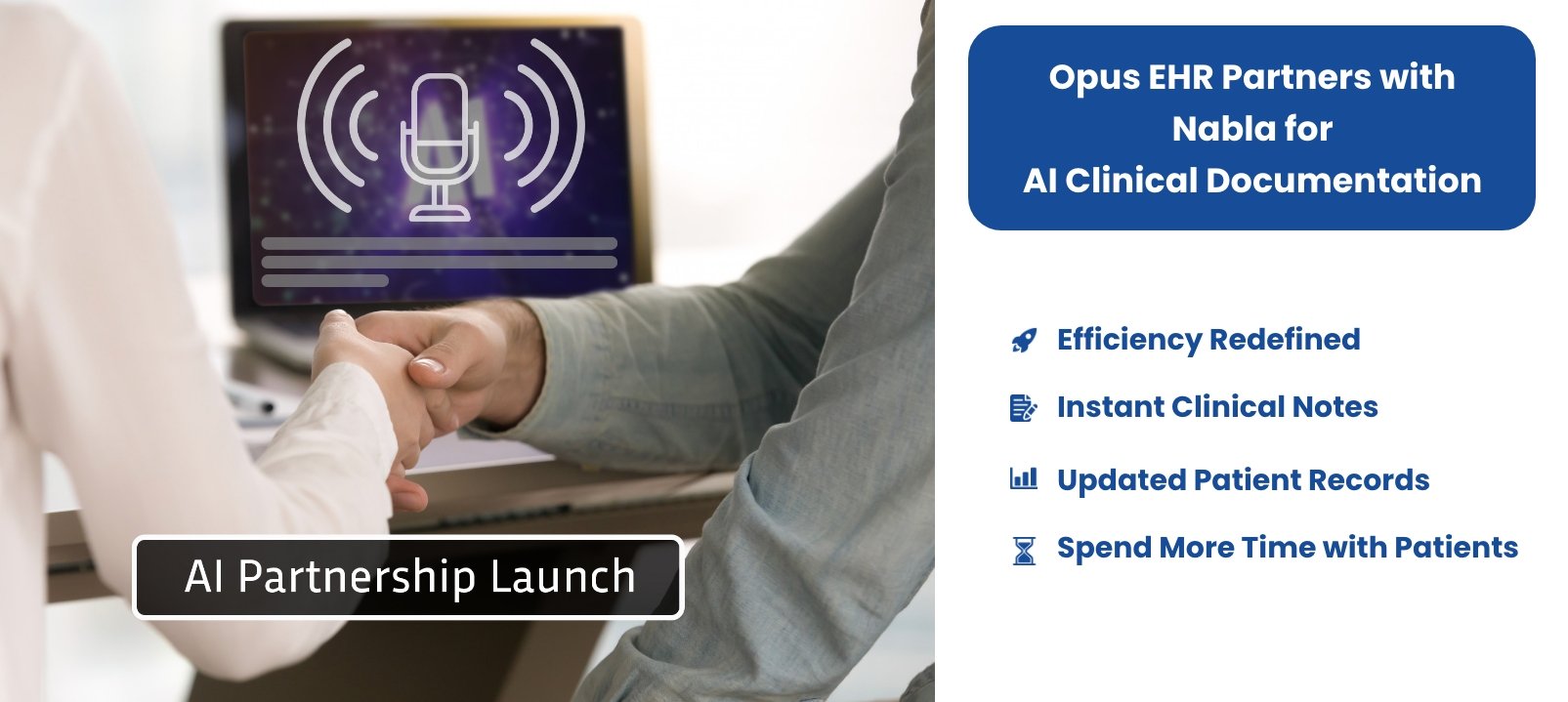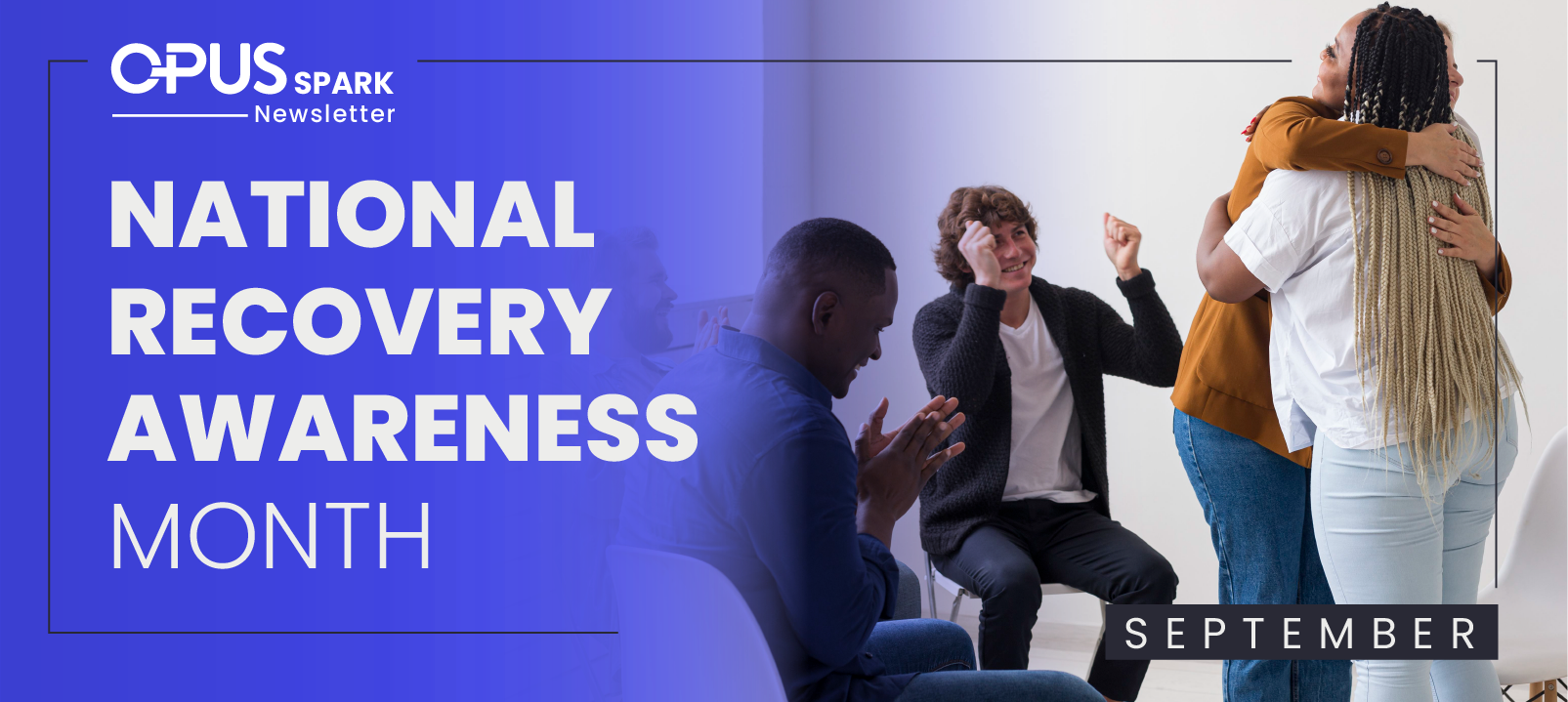Stress Awareness Month: The Game Plan for Beating Provider Burnout
Stress Awareness Month is an annual campaign that aims to raise awareness about the causes and effects of stress and the importance of managing stress. Stress is an inevitable part of life, affecting everyone at some point. However, when stress becomes chronic or overwhelming, it can adversely affect our mental and physical health. That’s why April is designated as Stress Awareness Month to raise awareness about stress management's importance and provide individuals with the tools they need to manage stress effectively. Pressure can come from many sources, such as work, relationships, finances, health issues, and significant life changes. Stress can manifest in different ways, such as physical symptoms like headaches, muscle tension, and fatigue, as well as emotional symptoms like anxiety, depression, and irritability.
Stress can adversely affect our health, including an increased risk of heart disease, stroke, and other chronic conditions. Stress can also have a negative impact on our mental health, leading to depression, anxiety, and other mood disorders. That’s why managing stress effectively is essential to maintain our physical and psychological health.
Stress Awareness Month is a significant opportunity to raise awareness about stress management's importance and provide individuals with the tools they need to manage stress effectively. By promoting stress management strategies, we can help individuals maintain their physical and mental health, reduce the negative impact of stress on their lives, and lead happier, healthier lives.
During Stress Awareness Month, organizations and individuals can participate in activities and events that promote stress management and awareness. These can include educational workshops, stress management training, community events, and exercise tracking contests. Social media campaigns and online resources can also help spread awareness about stress management and provide individuals with the tools they need to manage stress effectively.
There are many different strategies for managing stress. These strategies include exercise, meditation, deep breathing, and relaxation techniques. Getting enough sleep, eating a healthy diet, and staying connected with loved ones can also help reduce stress. It’s essential to find the stress management strategies that work best for you and to make them a part of your daily routine. Here are some tips for managing stress as a behavioral health or mental health practitioner:
Practice self-care: It’s essential to prioritize self-care, including getting enough sleep, eating a healthy diet, and exercising regularly. Make time for activities that bring you joy and relaxation, such as hobbies or spending time in nature.
Practice mindfulness: Mindfulness techniques such as deep breathing, meditation, and exercise can help you stay focused and centered, even in stressful situations. Incorporate these techniques into your daily routine to reduce stress and increase overall well-being.
Set boundaries: As a practitioner, you must set clear boundaries with your clients and create a healthy work-life balance. Schedule self-care, rest, and relaxation time, and don’t be afraid to say no to extra work or commitments.
Seek support: It’s essential to have a support system of colleagues, friends, and family who can offer emotional support and help you manage stress. Don’t be afraid to ask for help or support when needed.
Practice effective time management: Effective time management strategies, such as prioritizing tasks and delegating responsibilities, can help you manage your workload and reduce stress. Make sure to schedule time for self-care and downtime, and don’t overcommit yourself.
Practice gratitude: Practicing gratitude and focusing on the positive aspects of your work and life can help reduce stress and improve your overall well-being. Take time each day to reflect on what you’re grateful for and to express appreciation to those around you.
Managing stress is essential for maintaining your well-being and providing adequate care to your clients. By practicing effective stress management strategies, you can reduce stress and improve your overall well-being personally and professionally.
Behavioral health and mental health practitioners play a critical role in society by helping individuals manage stress, overcome mental health challenges, and addiction treatment toward recovery. The work itself can also be emotionally taxing and requires immense concentration, attention to detail, and great organization. Practicing what you preach and modeling effective stress management strategies for your clients is essential as a practitioner.
One of the most critical components of an efficient and effective practice is having a reliable electronic health record (EHR) system in place. Opus EHR is an ideal choice for behavioral health providers as it provides automated workflows and a host of features that make the provider's job easier and less stressful.
Automated workflows and customized reporting are at the heart of Opus EHR, streamlining routine tasks and eliminating repetitive administrative work. These features save time and ensure accuracy, which is critical in a field where even the slightest error can have serious consequences. By automating mundane tasks such as appointment reminders, billing, and insurance verification and having reporting visibility, Opus EHR frees up valuable time for providers to focus on delivering quality care to their patients.
The software is designed specifically for behavioral health practices, which means it has features and capabilities that cater to the field's unique needs. From scheduling appointments to documentation and charting, Opus EHR offers a complete solution that helps providers manage their workflow efficiently. The system is intuitive and easy to use, so providers can quickly adapt to the software and start benefiting from its features immediately.
Keeping up with software innovations is critical for behavioral health providers as it frees up their time, ensures that they remain competitive, and provides the best solutions possible to manage patient and client care. Opus EHR is a cutting-edge software solution that offers the latest technology and features to help providers stay ahead of the curve. From telehealth to data analytics, Opus EHR is continuously evolving and adding new features to meet the changing needs of the field.
An easy-to-use system is essential for behavioral health providers as it allows them to focus on their patients rather than getting bogged down by complicated software. Opus EHR has an intuitive interface that is user-friendly and straightforward, meaning that providers can easily navigate the system. This makes it easier to document patient encounters accurately, which is essential for delivering quality care and ensuring compliance with regulatory requirements.
Having an organized, specially-built software in place helps behavioral health providers be more productive and work at ease. The benefits of using Opus EHR are numerous and include improved workflow efficiency, reduced stress, and improved patient outcomes. With automated workflows, features tailored to the unique needs of behavioral health, cutting-edge technology, and an intuitive interface, Opus EHR is an ideal solution for any behavioral health practice looking to streamline its workflow and improve its bottom line.
Opus EHR has developed a new process for automating workflows of clinical claims sheets and clinical hours to submit claims called Automated Data-Quality Review. It is an automated process within the software that tracks the hours of group sessions to show how many the client has met from the expected total based on the Level of Care. Includes automated tracking of clinician hours throughout the care process to be put together into a claim submission.
With this feature, clinics no longer have to manually complete charge slips and charts to submit their claims for quality review, as required for PHP/IOP/OP services. Keeping the Clinical team’s goal in mind of providing services efficiently and effectively, Opus custom-built an automated process called ‘Automated Data-Quality Review,’ the first of its kind, to support their operational needs. In addition, Opus combined the group notes and billing process to be a simple one-click clinical documentation process. The new features will help clinics reduce administrative tasks and redirect their efforts toward delivering high-quality care to patients.
"This process will simplify our operations to save so much time,” says Director of Clinical Services Amanda Wilson at Mindful Health. “We will no longer have to manually pull so many charts per quarter and have a timelier billing process for quicker reimbursements."
To learn more about these innovative features to save time and reduce stress, schedule a meeting with our software expert, Angela Nightengale: https://bit.ly/ehrconsult






